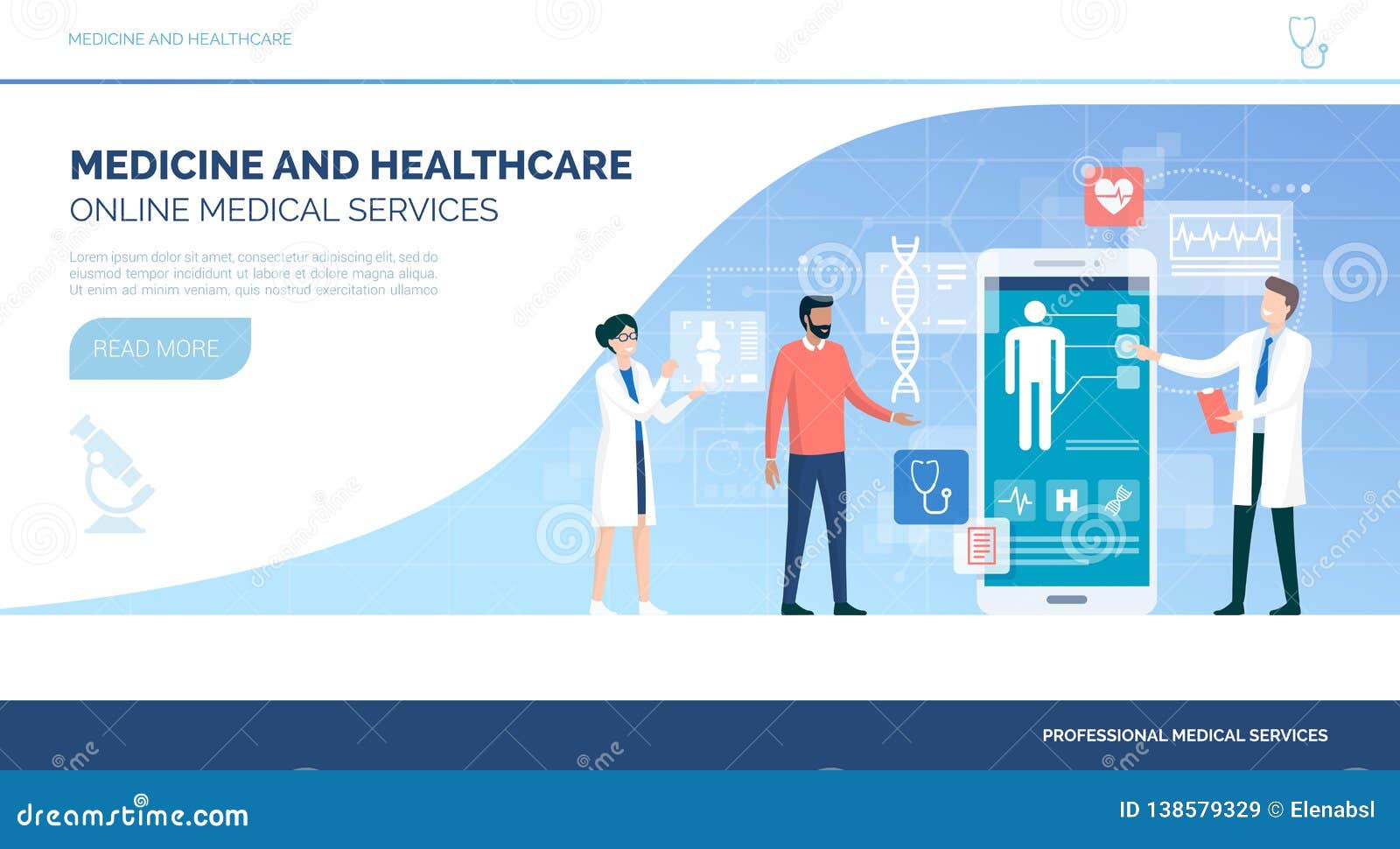The Future of Medication: Discovering Subscription Based Healthcare Designs
Wiki Article
Navigating the Future of Medication With Subscription-Based Healthcare Provider
As the medical care market develops, subscription-based services arise as a pivotal model assuring to improve client care shipment. With the potential to supply structured, economical options via foreseeable pricing and customized attention, these services stand at the forefront of modern-day clinical development. Yet, as we consider their rise, one need to consider the implications of incorporating such systems into existing healthcare structures. What difficulties do they pose in regards to data protection and fair gain access to, and how might they redefine the patient-provider partnership? The solution to these inquiries could basically change our strategy to health care.Surge of Subscription Health Care
As healthcare systems around the world face increasing pressures from increasing prices and demand for solutions, the development of subscription-based medical care models has arised as a transformative fad. This ingenious approach is interrupting standard medical care delivery by providing a predictable, flat-rate repayment structure for clinical solutions. Rooted in the concepts of attendant medication, subscription-based healthcare permits providers to concentrate on tailored patient care while concurrently managing operational efficiencies.The raising customer demand for transparency and predictability in health care expenses has driven the shift towards this model. Subscription-based solutions usually use direct access to medical care specialists, which can decrease the management concerns associated with insurance cases and reimbursements.
This version is gaining traction amongst diverse medical care suppliers, from key treatment doctors to specialized facilities, by lining up financial rewards with preventative and constant treatment. By shifting the emphasis from volume to value-based treatment, subscription medical care has the potential to reshape the landscape, cultivating a much more patient-centered and sustainable technique to health and wellness monitoring.
Advantages for Patients

In addition, subscription-based solutions typically highlight preventative treatment, urging normal check-ups and health and wellness testings. This aggressive strategy can bring about very early detection of health and wellness problems, potentially enhancing results and lowering long-term healthcare costs for clients. Moreover, such designs commonly offer transparent pricing, allowing people to much better comprehend their health care costs and prevent unforeseen medical bills.
The customized nature of subscription-based medical care additionally improves person experience. Clients can obtain tailored health care plans that match their particular demands, fostering a much more patient-centric strategy.
Innovation's Role in Improvement

Expert system (AI) plays a vital role in predictive analytics, aiding in early medical diagnosis and customized therapy plans. AI formulas assess substantial datasets to recognize patterns that could be forgotten by human monitoring, hence enhancing scientific decision-making. Digital health and wellness records (EHRs) streamline patient details administration, ensuring connection and comprehensibility of treatment across numerous solutions and companies.
Blockchain technology boosts data description safety and security and personal privacy, crucial for keeping person count on electronic systems. It enables secure and transparent purchases of clinical data, ensuring that sensitive details stays protected. With the integration of equipment knowing and AI, blockchain can automate intricate healthcare procedures, lowering management concerns.
Factors To Consider and challenges
While technology moves the capacities of subscription-based healthcare services, it also introduces a set of challenges and factors to consider that should be dealt with to make sure effective application. One considerable difficulty is the fair accessibility of these services.Data privacy and safety and security represent one more crucial consideration. Subscription-based solutions often require the collection and storage space of substantial amounts of individual wellness details. Providers must comply with rigid data security policies to keep individual trust and avoid unapproved access, which might cause significant honest and lawful consequences.
Moreover, the sustainability of subscription models poses an obstacle. As medical care needs evolve, keeping an economical equilibrium in between subscription charges and service top quality is crucial to avoid person frustration and attrition. In addition, incorporating these services within conventional healthcare systems needs seamless interoperability in between platforms, which is typically a complex and resource-intensive venture. Dealing with these obstacles is important as subscription-based medical care services proceed to expand and progress.
Future Implications for Medication
Subscription-based medical care solutions are positioned to significantly affect the future landscape of medicine by reshaping how care is accessed and delivered. These models offer the prospective to equalize medical care accessibility, giving people with even more prompt and individualized interventions. By leveraging modern technology, such as telemedicine and information analytics, membership services can help with constant monitoring and tailored wellness monitoring, therefore boosting end results and lowering the problem on standard healthcare systems.
As these services gain grip, they could stimulate a change towards preventative care, stressing the significance of early detection and administration of chronic problems. This positive strategy may eventually decrease medical care prices by alleviating the requirement for pricey therapies developing from late-stage illness monitoring. Membership versions use a scalable solution to attend to disparities in healthcare accessibility, particularly in underserved or rural populaces.
However, the shift in the direction of subscription-based designs necessitates attending to regulatory and honest considerations, consisting of data personal privacy and equitable accessibility. As the market advances, collaborative initiatives in between policymakers, innovation programmers, and doctor will be vital to establishing robust structures that guard client rate of interests Discover More Here while cultivating advancement. Ultimately, these useful link services guarantee to add dramatically to a more effective, patient-centered health care community.

Final Thought
Subscription-based healthcare services represent a significant evolution in the medical field, offering foreseeable prices and individualized care that improve ease of access and prioritize preventive measures. As the medical care landscape advances, registration models are poised to play a crucial duty in forming the future of medicine.As the healthcare industry advances, subscription-based solutions arise as an essential model promising to improve individual care distribution.As medical care systems around the world face increasing stress from increasing costs and need for solutions, the development of subscription-based health care models has actually emerged as a transformative trend (subscription based healthcare).With the surge of subscription-based health care models improving traditional medical care distribution, individuals are beginning to experience substantial benefits from this cutting-edge technique. As healthcare requires develop, keeping a cost-efficient balance in between membership fees and solution high quality is vital to stop patient discontentment and attrition.Subscription-based healthcare solutions are positioned to dramatically influence the future landscape of medication by reshaping exactly how care is accessed and provided
Report this wiki page